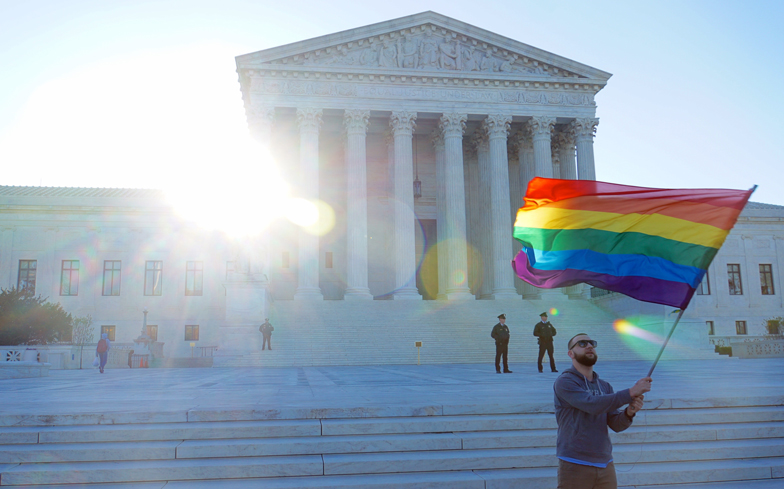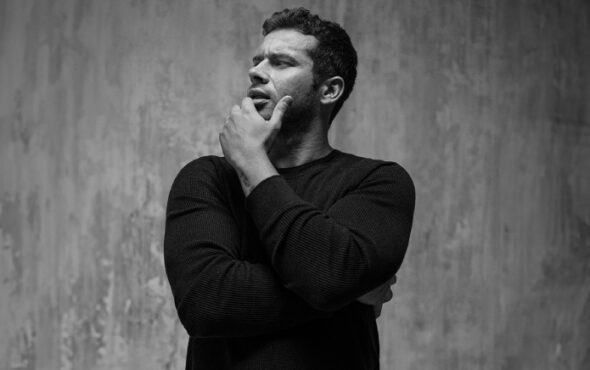
The US Supreme Court has declined to hear an appeal case from an anti-LGBTQ+ florist who refused to make a flower arrangement for a same-sex wedding.
Only three justices were open to hearing the florist’s case but there needs to be a total of four the court to take it on.
The appeal is in reference to the 2017 case between Barronelle Stutzman, Robert Ingersoll and Curt Freed. After providing flowers for Ingersoll for nearly a decade, Stutzman refused to make him and his future husband flower arrangements for their wedding. She stated that it was due to her religious beliefs.
According to Washington state law, businesses that provide services for opposite-sex couples must offer the same services to same-sex couples.
Due to Stutzman violating anti-discrimination laws, she was fined $1000.
The florist tried to appeal the decision at the Washington Supreme court but lost again when they ruled in favour of Ingersoll and Freed.
Ingersoll and Freed’s lawyer, Ria Tobacco Mar praised the court’s decision in a statement to NBC News.
VICTORY: The Supreme Court confirmed that LGBTQ people should receive equal service any time they walk into a store.
The decision lets stand the Washington State Supreme Court’s unanimous ruling that the Constitution does not grant a license to discriminate against LGBTQ people.
— ACLU (@ACLU) July 2, 2021
“No one should walk into a store and have to wonder whether they will be turned away because of who they are,” she stated.
“Preventing that kind of humiliation and hurt is exactly why we have nondiscrimination laws.
“Yet 60 per cent of states still don’t have express protections for LGBTQ+ people like the kind in Washinton State. Our work isn’t over.”
Even with this massive win, the Supreme Court has made questionable decisions regarding businesses and LGBTQ+ patrons in the past.
In 2018, the court ruled in favour of the homophobic baker who refused to make a wedding cake for a gay couple.
Colorado resident Jack Phillips – owner of Masterpiece Cakeshop in Lakewood – turned away David Mullins and Charlie Craig due to his religious beliefs. He told the couple it was “standard business practice not to provide cakes for same-sex weddings”.
Justice Anthony Kennedy said the baker did not violate the state’s anti-discrimination law.
“The Colorado Civil Rights Commission’s consideration of this case was inconsistent with the State’s obligation of religious neutrality,” stated the majority opinion.



